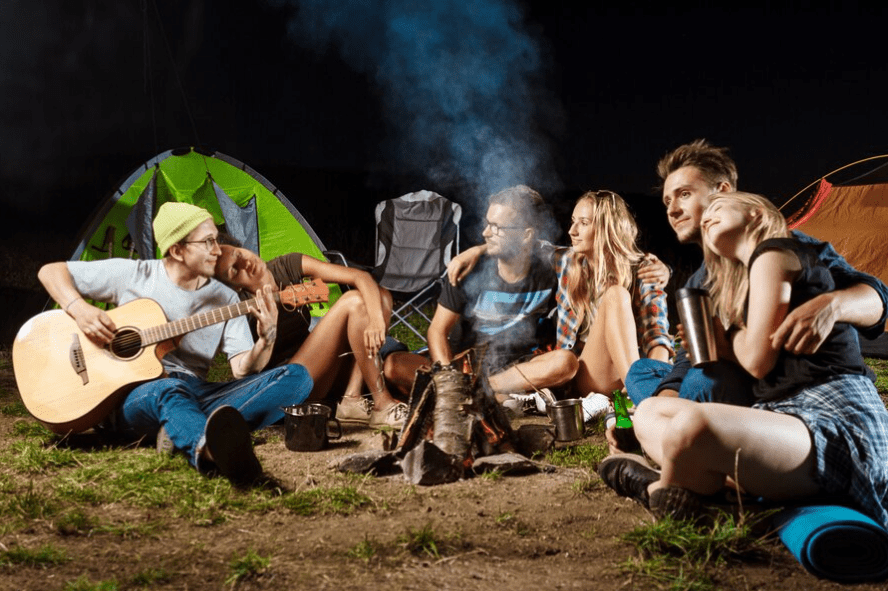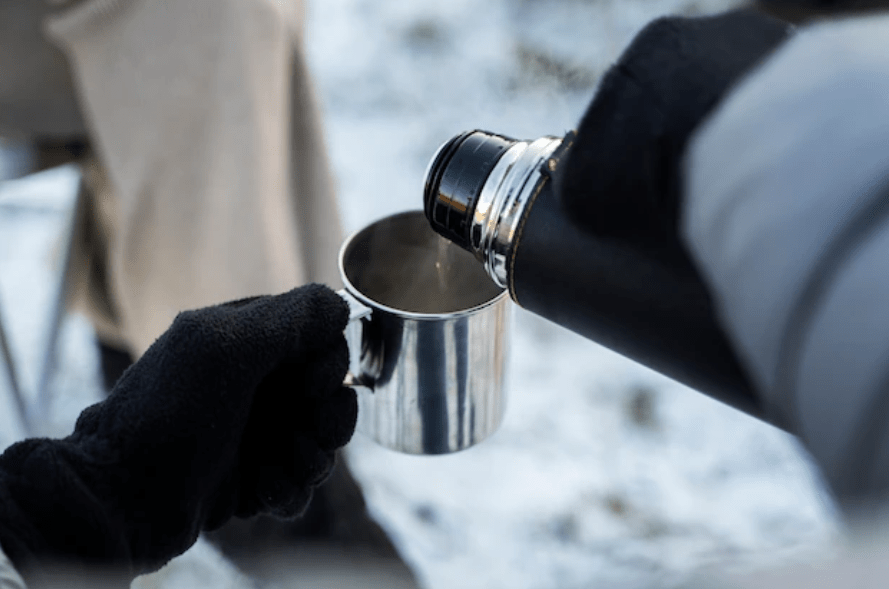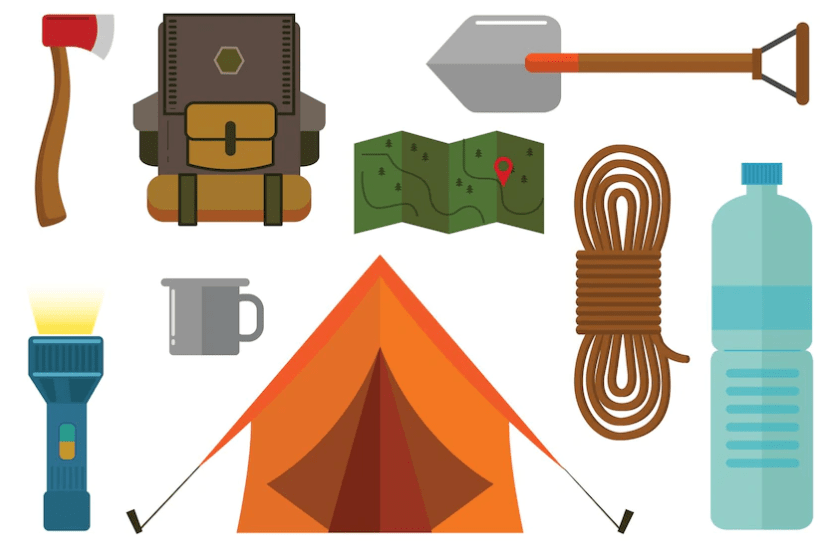Fresh water is our most important food! In most countries, we are used to having fresh water available anytime, anywhere. We are always aware of this fact when we travel to distant countries where this is not the case. And when it comes to the supply of fresh water, it is often not just the quantity that counts, but also the quality. As much as we depend on fresh water, the cool water can also spoil our fun – when we are in bed with a stomach ache.
Table of Contents
Water worldwide
In fact, there is enough water. The global water reserves cover about 2/3 of the earth’s surface. But what is left to drink at the end? The majority of about 97% can be found in seas and oceans as salt water. This water should not be consumed directly, as the high salt concentration draws water out of the body (cells) and dehydration occurs. So we are dying of thirst.
The remaining 3% of the world’s approximately 1.386 billion km³ of water (at least 41.58 million km³ of water) are distributed again to 1% each in the polar caps and the remaining percent is left for surface water, such as rivers and lakes. And even this one percent is not drinking water.
But what exactly is “drinkable water”? Freshwater is water for human consumption that is free of pathogenic substances. It is clear and without any off-flavors. We are used to this high quality of drinking water from home and often expect the same in the travel destination. But that’s not the case. Just like us, water is always “on the move”. The condition and the ingredients change again and again via the water cycle. Added to this is the intensive use and contamination by us humans.
Where Water is Found and the Percentage:
| Oceans | 97.2% |
| Ice Caps/Glaciers | 2.0% |
| Groundwater | 0.62% |
| Freshwater Lakes | 0.009% |
| Inland seas/salt lakes | 0.008% |
| Atmosphere | 0.001% |
| Rivers | 0.0001% |
| TOTAL | 99.8381% |
Water is life
Just like humans, all living beings need water to survive. Some more and some less. It is irrelevant for our own health who drinks with us from a source. For us, it is of essential importance who or what lives in or around our source – because water is life! Numerous organisms such as algae, bacteria, viruses, and microorganisms cavort in the water.

Before everyone stops drinking water for fear of small animals, you should now read on in peace. It is perfectly normal and okay for life to exist in our water. Even freshwater is not sterile and shouldn’t be. For example, we carry far more bacteria in our body, which make a valuable contribution to life there, than is the case in our freshwater.
Preventive immune system
And here we come to the first essential point in health care on the subject of freshwater. Everyone has an immune system that is adapted to their environment. For this reason, we don’t get sick immediately if we don’t wash the vegetables 100% at home or if our drinking water is stale.
This essential point is a curse and a blessing at the same time. On the one hand, we can drink from the tap at home without getting sick. We also practice this habit in the travel destination, which can lead to stomach aches depending on the local quality standard. In the travel destination, the water content differs from that at home. In concrete terms, this means that we are used to the “ABC” bacteria at home, but we can’t cope with “XYZ” in the travel country.

But nature gives us a chance here. Our immune system can be trained. To a certain extent, our body is able to adapt to changing environmental conditions. For example, it is completely normal if we are tormented by abdominal pain and diarrhea at the beginning of a trip lasting several months, but after a few days or weeks, everything is back to normal. That is the good news.
Microorganisms
The bad news is that it doesn’t always work immediately and not everyone wants to feel the training process of our immune system intensively. Anyone who relies on rapid immunization may not experience the stabilization of their immune system. This is due to the type and quantity of microorganisms present in the water. And it may not make any difference whether the water comes from a river or from the mains. The pathogens are bacteria, viruses, and protozoa. These are often related to human and animal feces, which find their way into the water in different ways.
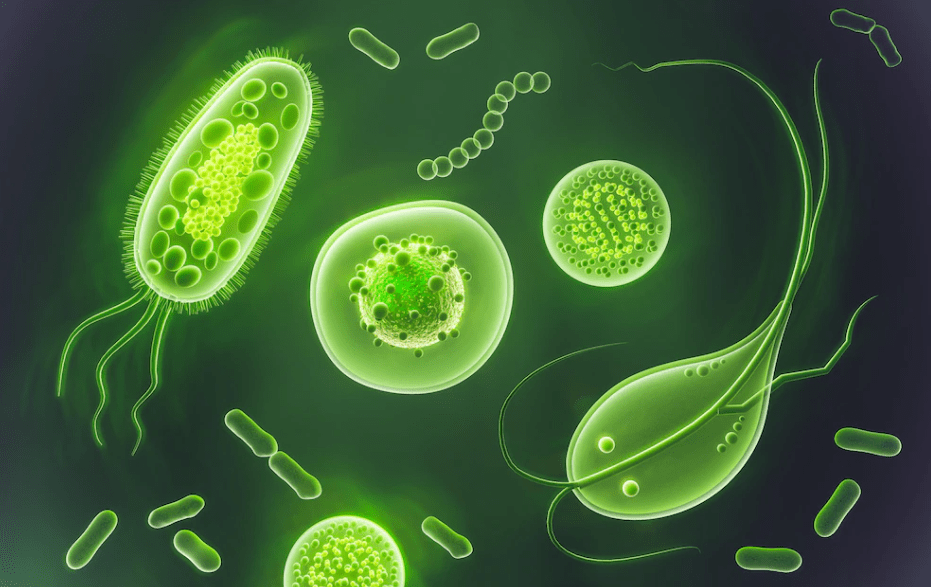
At this point, I would like to clear up the truism that the water in North America is always clean and that in South America it is polluted. Even bears pee in rivers or die there! With good travel preparation, all risks are assessed, and complete preventive and follow-up care is considered, just in case. A good first-aid kit includes both preventive care and aftercare.
An advantage for your trip/camping trip: Most microorganisms can be removed from the water without any problems. In our overview of cleaning processes, you can find out what options the industry offers us here in addition to boiling. In a multi-part series of articles, we will go into the various possibilities and introduce you to various manufacturers and products.
What do I really need?
In addition to a lot of theory, it is also necessary to gain practical experience in dealing with your water treatment. In specialist shops, you will receive appropriate product advice and you can pick up various products (mostly filters).
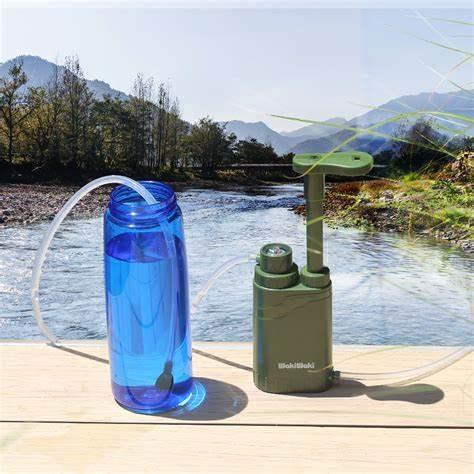
Unfortunately, one rarely finds a well-trained salesperson in the field of drinking water provision in retail. If you are unlucky, this will lead to a purchase decision that does not fit your needs.
There are several ways to effectively treat water so that it becomes drinkable. For example, there are Chlorine tablets, UV disinfection, and water filters.
These methods are very good for making water drinkable!
>> See this post for more information about the different methods to make water drinkable. <<
Please also read the other articles on freshwater while camping. There I would like to inform you about other important topics on the subject of water and water treatment.


